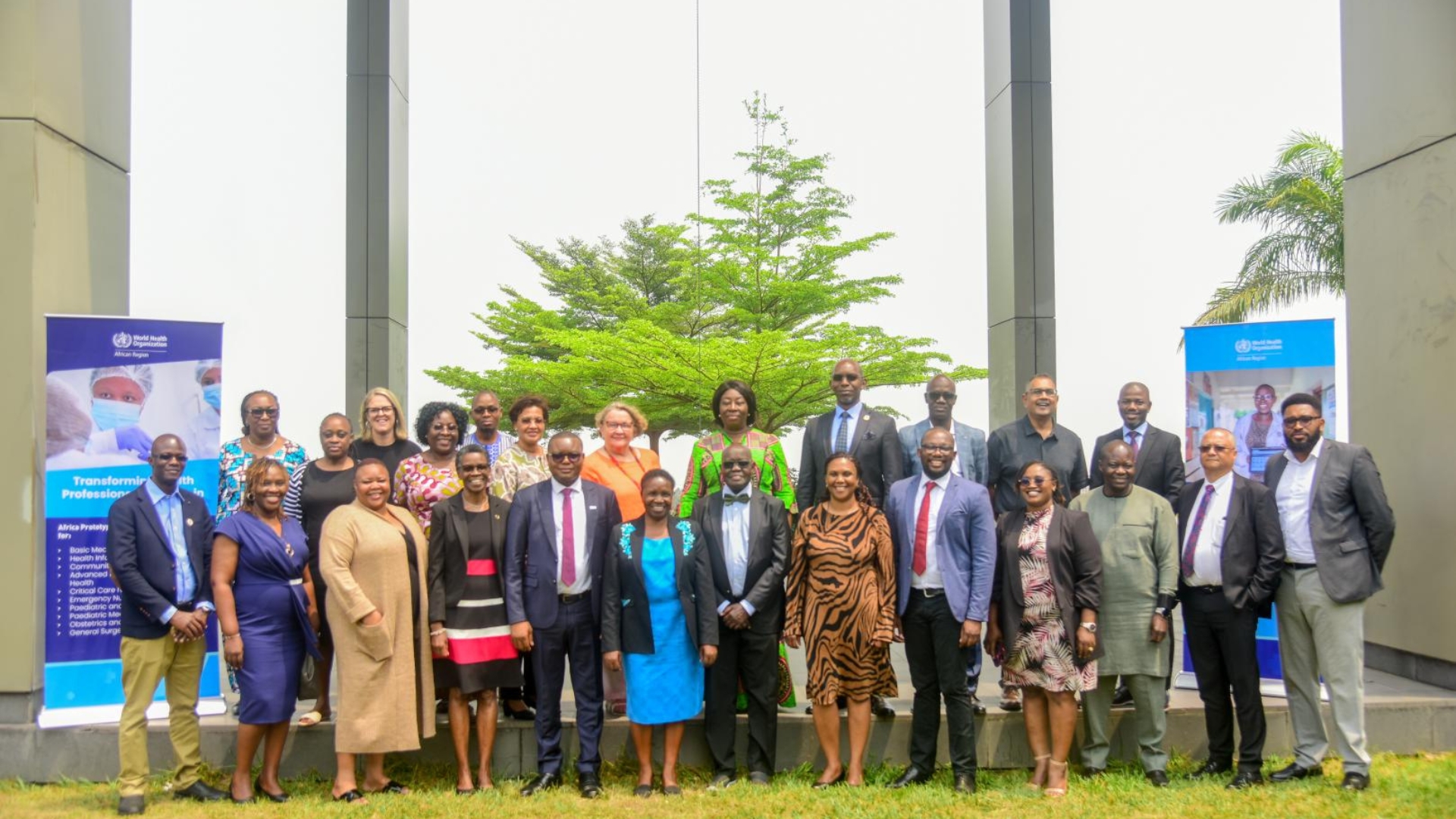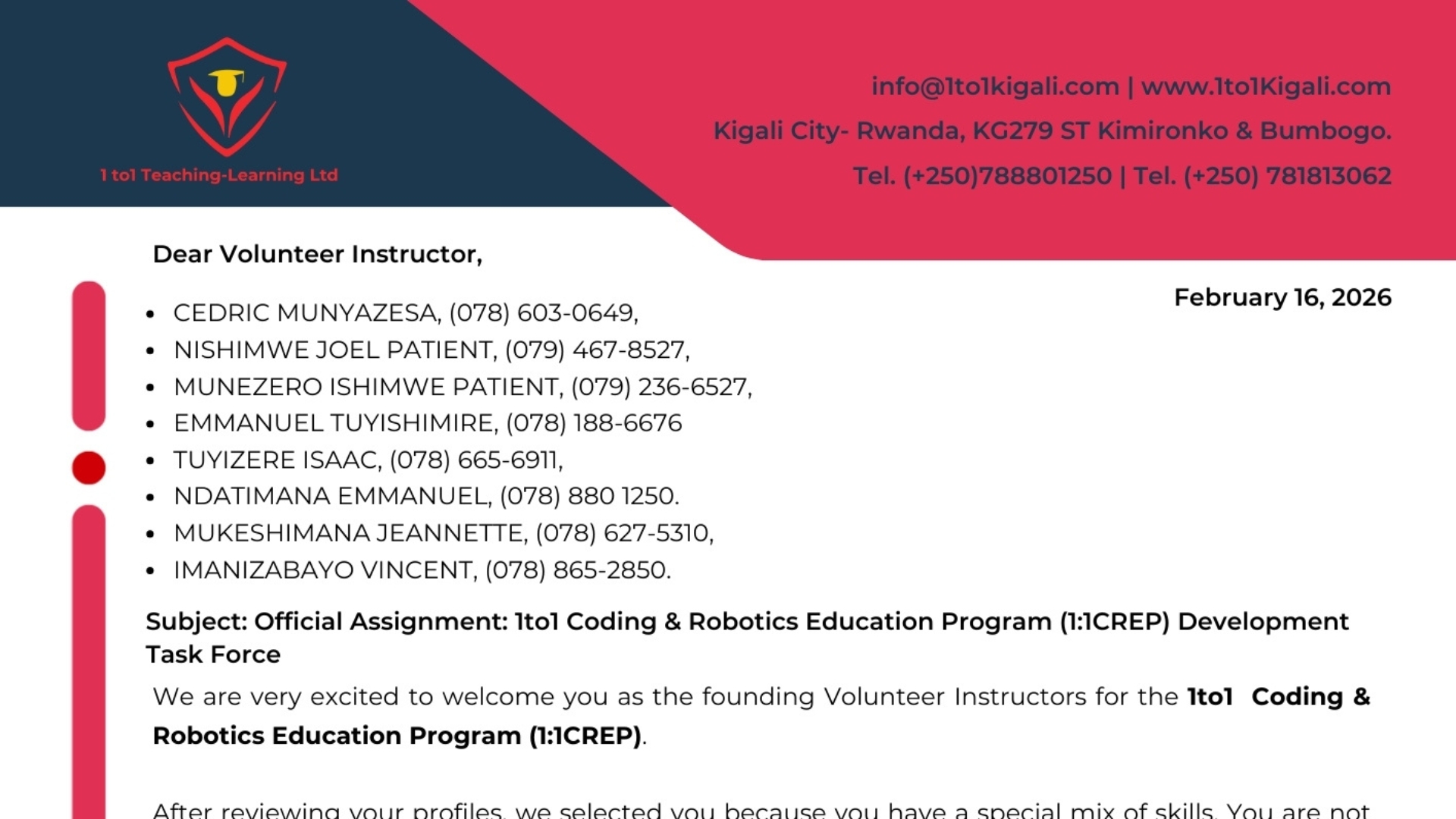Kintele, Republic of Congo – October 9, 2025 – In a significant stride towards transforming health professions education across the African continent, the World Health Organization (WHO) Regional Office for Africa has unveiled a new prototype competency-based curriculum. This initiative aims to align health education with the evolving healthcare needs of African populations, ensuring that healthcare professionals are equipped with the requisite skills, knowledge, and attitudes to deliver effective and contextually relevant care.
A Collaborative Effort
The development of the competency-based curricula was a collaborative endeavor involving over 25 experts from 12 African countries. These experts, including academics, regulators, professional associations, and partner organizations, convened in Kintele, Republic of Congo, from October 7 to 9, 2025, for the final validation of the curricula. The event was officially opened by Dr. Adelheid Onyango, Acting Director of the Health Systems and Services (HSS) Cluster at the WHO Regional Office for Africa.
Dr. Onyango emphasized the transformative potential of the initiative, stating, “The adoption of competency-based curricula is a transformative investment in Africa’s health workforce. By equipping graduates with the skills, attitudes, and values needed to address the health realities of our populations, we are building a foundation for stronger, more resilient health systems.”
Meeting Africa’s Health Needs
The WHO’s approach to Competency-Based Education (CBE) emphasizes outcomes-based learning that aligns education programs with population health needs. CBE focuses on mastering competencies required for effective healthcare delivery, including knowledge, skills, and attitudes. This approach ensures that healthcare professionals are not only theoretically knowledgeable but also practically equipped to meet the diverse and evolving needs of African populations. WHO | Regional Office for Africa
Dr. James Avoka Asamani, Health Workforce Team Lead at the WHO Regional Office for Africa, highlighted the importance of this initiative, stating, “By developing competency-based curricula, instituting robust accreditation frameworks, and establishing benchmarking mechanisms, we are laying the foundation for harmonization that will ensure trusted, high-quality health professions education across Africa.”
A Vision for the Future
The validated curricula will be formally launched in November 2025 during the opening of the Member States consultations on the WHO’s Africa Health Workforce Agenda, 2035. This launch marks a pivotal moment in the WHO’s ongoing efforts to strengthen health systems across the African region.
The introduction of competency-based curricula is expected to have far-reaching implications for health professions education in Africa. By aligning educational programs with the specific health needs of African populations, the initiative aims to produce a workforce that is better prepared to tackle the continent’s most pressing health challenges.
Implications for Rwanda
For Rwanda, the adoption of competency-based curricula presents an opportunity to further enhance its health education system. Rwanda has made significant strides in improving its healthcare infrastructure and workforce in recent years. Integrating competency-based education into the training of health professionals can build upon these efforts, ensuring that graduates possess the practical skills and knowledge necessary to address the country’s unique health challenges.
Moreover, the emphasis on harmonization across the African continent can facilitate greater collaboration and knowledge exchange among health professionals in Rwanda and their counterparts in other countries. This interconnectedness can lead to more cohesive and effective strategies for addressing regional health issues.
Looking Ahead
As the WHO Regional Office for Africa moves forward with the implementation of the competency-based curricula, the focus will shift to supporting member states in integrating these curricula into their national education systems. This process will involve providing technical assistance, developing training materials, and fostering partnerships with academic institutions and healthcare organizations.
The successful adoption of competency-based education in Africa has the potential to serve as a model for other regions seeking to reform their health professions education systems. By prioritizing competencies that are directly aligned with health needs, the WHO’s initiative underscores a commitment to producing a health workforce that is not only knowledgeable but also adaptable and responsive to the dynamic landscape of global health.
For more information on the WHO’s Africa Health Workforce Agenda, 2035, and updates on the competency-based curricula, visit the official WHO Regional Office for Africa website: https://www.afro.who.int




